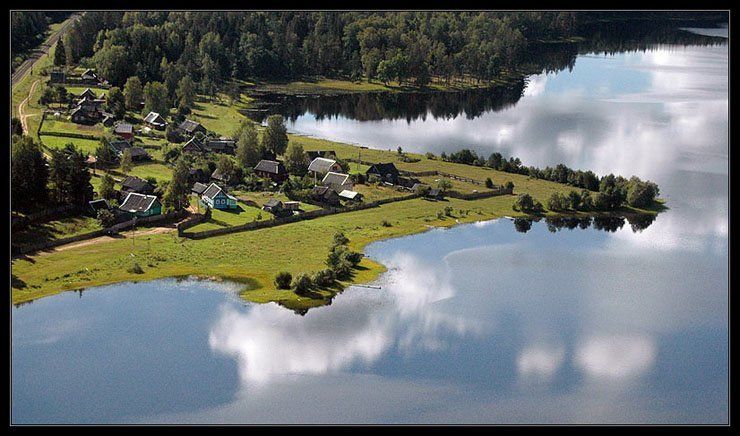|
|
Bird's-eye View Of Russia
|
Russia is the 3rd largest electricity producer in the world and the 5th largest renewable energy producer, the latter due to the well-developed hydroelectricity production in the country. Large cascades of hydropower plants are built in European Russia along big rivers like Volga. The Asian part of Russia also features a number of major hydropower stations, however the gigantic hydroelectric potential of Siberia and the Russian Far East largely remains unexploited.
Russia was the first country to develop civilian nuclear power and to construct the world's first nuclear power plant. Currently the country is the 4th largest nuclear energy producer, with all nuclear power in Russia being managed by Rosatom State Corporation. The sector is rapidly developing, with an aim of increasing the total share of nuclear energy from current 16.9% to 23% by 2020. The Russian government plans to allocate 127 billion rubles ($5.42 billion) to a federal program dedicated to the next generation of nuclear energy technology. About 1 trillion rubles ($42.7 billion) is to be allocated from the federal budget to nuclear power and industry development before 2015.
• Transport
Railway transport in Russia is mostly under the control of the state-run Russian Railways monopoly. The company accounts for over 3.6% of Russia’s GDP and handles 39% of the total freight traffic (including pipelines) and more than 42% of passenger traffic. The total length of common-used railway tracks exceeeds 85,500 km, second only to the U.S. Over 44,000 km of tracks are electrified, which is the largest number in the world, and additionally there are more than 30,000 km of industrial non-common carrier lines. Railways in Russia, unlike in the most of the world, use broad gauge of 1,520 mm (4 ft 11 5⁄6 in), with the exception of 957 km on Sakhalin Island using narrow gauge of 1,067 mm (3 ft 6 in). The most renown railway in Russia is Trans-Siberian (Transsib), spanning a record 7 time zones and serving the longest single continuous services in the world, Moscow-Vladivostok (9,259 km, 5,753 mi), Moscow–Pyongyang (10,267 km, 6,380 mi) and Kiev–Vladivostok (11,085 km, 6,888 mi).
|
|









